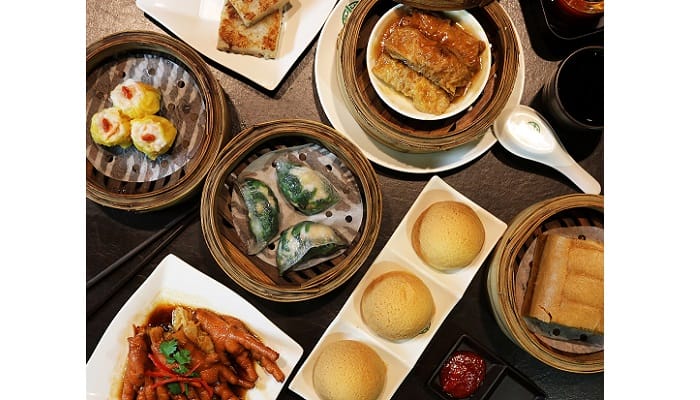Hong Kong – As more and more consumers are embracing an online-to-offline (O2O) approach to the retail industry, a greater majority of retailers across Hong Kong and nine key cities in Mainland China, known as the ‘Greater Bay Area’ (GBA), are keeping in mind the importance of digital strategies to their business, specifically in the local setting, a new report from consulting firm KPMG, in partnership with the Hong Kong arm of business communication non-profit GS1, and financial institution HSBC shows.
In its latest report, they note that 73% of GBA retailers are implementing localized forms of their retail digital strategies, keeping in mind that they are increasing their use of both direct-to-consumer e-commerce and third-party e-commerce platforms.
The most common business functions for which 43% of surveyed retailers are implementing a GBA strategy are sales and marketing and communications, as companies look to attract customers in the mainland China market. Thirty percent of those retailers polled are developing a GBA programme for fulfilment, logistics, operations or supply chain management.
Consumer-wise, one in two (50%) of Hong Kong consumers said they felt more comfortable about shopping online since the start of the pandemic, not far behind the 59% of respondents from the nine mainland China GBA cities surveyed. Tellingly, 24% of Hong Kong consumers and 23% of those in the mainland GBA cities say they could live without physical retail stores.
The greater force that the report notes as game-changer for the modern retailer is the choice of Gen Z consumers towards online shopping, as 73% of Gen Z consumers in Hong Kong and 86% in mainland GBA cities expecting a swift response to product enquiries logged on online chat, and expecting brands to use tech including AI to help shortlist new products.
They also expect augmented reality (AR) functions to help them make better purchases online, with 61% in Hong Kong, and 82% in mainland GBA cities. The research also shows Gen Z consumers prefer contactless shopping (60% in Hong Kong and 77% in mainland GBA cities). Around 76% of retailers surveyed are adopting at least one type of Gen Z-specific strategy.
In the mid of the rising population of shoppers moving towards online, GBA retailers need to act fast to respond to the consumers’ O2O needs. The research shows a vast gap between customer expectations and what retailers are delivering, with 77% of Hong Kong and 85% of mainland respondents in the GBA indicating that retailers need to have a better connection between channels and create a seamless customer journey. Among retail executives that were surveyed on their actions to enhance customer experience, only 39% of businesses were currently focusing on the integration between physical stores and online, suggesting a significant gap in retailers’ O2O propositions.
Alice Yip, partner at head of consumer and industrial markets for Hong Kong at KPMG China, notes that these results cement the fact that more consumers are buying more online than ever before, and the retail brands who have best survived this rapid transition are those who have proven agile in their response to the growing demand for digital engagement.
“Hong Kong and mainland China GBA retailers are already implementing strategies for regional growth across the region while also looking to expand into Southeast Asia, with industry leaders emphasising the need for adequate localisation of products, services and marketing approaches to attract the growing pool of digital-savvy consumers,” Yip stated.
For Anna Lin, CEO at GS1, she explains that consumers expect a seamless transition from an in-store experience to an online experience. She added that consumers also want to engage with brands across social media and other digital media and they expect brands to use technology to improve customer service, ease of payments, flexible delivery options and convenient returns.
This is also agreed by Lewis Sun, head of product management for global liquidity and cash management for Asia Pacific at HSBC, who commented, “In order to deliver a seamless customer journey, more retailers in the Greater Bay Area are looking for a single platform that can take payments from multiple channels – from credit cards, bank transfers to e-wallets.”
As retailers and brands develop more complex digital channels and deploy new technologies, sourcing, upskilling and reskilling talent to build a future-ready workforce will be a key priority for retailers in navigating the new normal and capturing growth opportunities. With technical areas such as IT and systems support (38%), data analytics (35%), and research & development (31%) identified as top areas demanding more workforce, professional development programs as well as talent exchange within the GBA will provide opportunities to fill the gaps.


